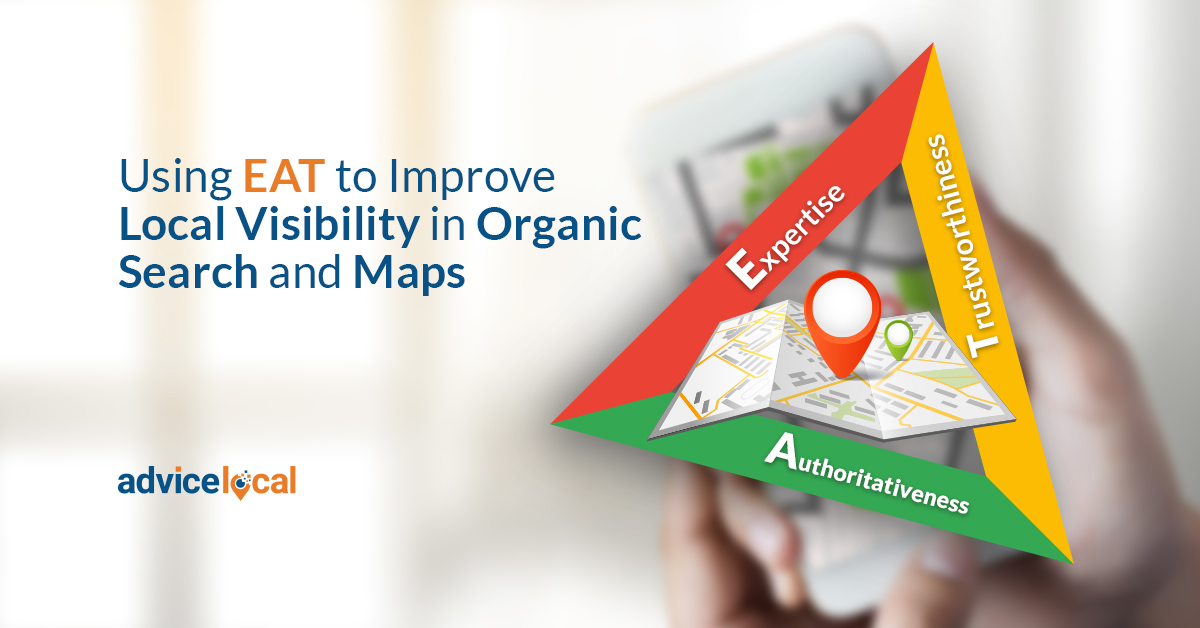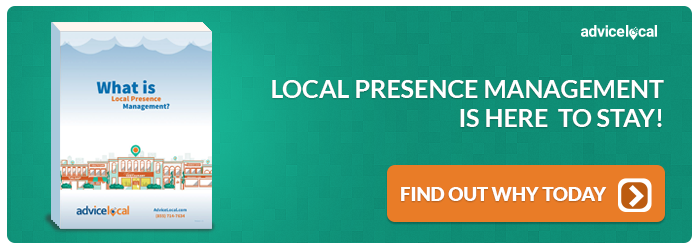Recently, we’ve seen Google provide a wealth of options for local businesses to reach highly targeted audiences. Last week, we talked about Google Business Profile attributes and a focus on hyperlocal search. This week, we’ll be looking into EAT (expertise, authoritativeness and trustworthiness) and structured data as a means for earning the all-important featured snippet.
Google EAT and Structured Data
You’re probably familiar with Google EAT as guidelines for evaluating website quality standards. Here Lily Ray discusses EAT and how you can leverage structured data on your local business clients’ websites. By applying this process you can help Google understand EAT on the businesses’ websites.
What you may not know is by leveraging this structured data you are also helping the businesses get featured snippets. These featured snippets can be considered zero-click searches.
In practice, this means adding structured data for elements like citations, expert reviews, author credentials and organization information. The aim is to assist Google in offering precise search results and help them to assess expertise, authoritativeness and trustworthiness.
Local Business Websites Don’t Need to Fear Zero-Click Searches
It can be tempting to think of zero-click searches as a barrier to business website traffic. In reality, this doesn’t have to be the case. Businesses can actually win with zero-click searches if they take the right approach. We shared how this is possible in this blog post.
Similarly, when Google displays a Google Business Profile (GBP) listing instead of the business’ website, your clients are faced with the same challenges as a zero-click search. However, getting a placement in the local pack or Google Maps is highly beneficial to businesses. We discuss more on zero-click searches & GBP here.
By adding expertise, authoritativeness and trustworthiness to a GMB listing and the business’ website, you are helping them to place in search results. That is the most important component. We have an infographic (and a guide actually) that shares how to achieve that, but here is a recap:
- Expertise – Proof is the essence of signaling expertise to Google. Proof of expertise can come in the form of online reviews, social media content, YouTube videos, GMB listings posts, blog posts and FAQ pages.
- Authoritativeness – Proof of reliability is central to earning authority status. Build an authoritative GMB listing by including GMB posts, optimized images, detailed questions and answers and consistently positive reviews.
- Trustworthiness – Trust must be earned and demonstrated throughout a business. You can display trust by including accurate website information, responding to customer reviews, maintaining up-to-date business listings and building a comprehensive GMB listing.
Some of the Ways We Help Local Businesses With Structured Data
At Advice Local, we include voice schema markup in our dashboard for all active business listings. This addition means your clients’ business information is accurate and available for voice assistants. You won’t need to manually add this data to each listings site – we do the heavy lifting for you.
Long-tail keywords will also help to get more featured snippets and voice search queries. Identifying the right long-tail keywords is a shortcut to reaching targeted local audiences through specific search terms. We show you how it’s done in this post.
If you want a streamlined approach to voice search optimization and comprehensive GMB listings management, Advice Local can help. Our technology makes it easy to create and manage local search campaigns for your clients. For a closer look, request a demo today or call (214) 310-1356.




